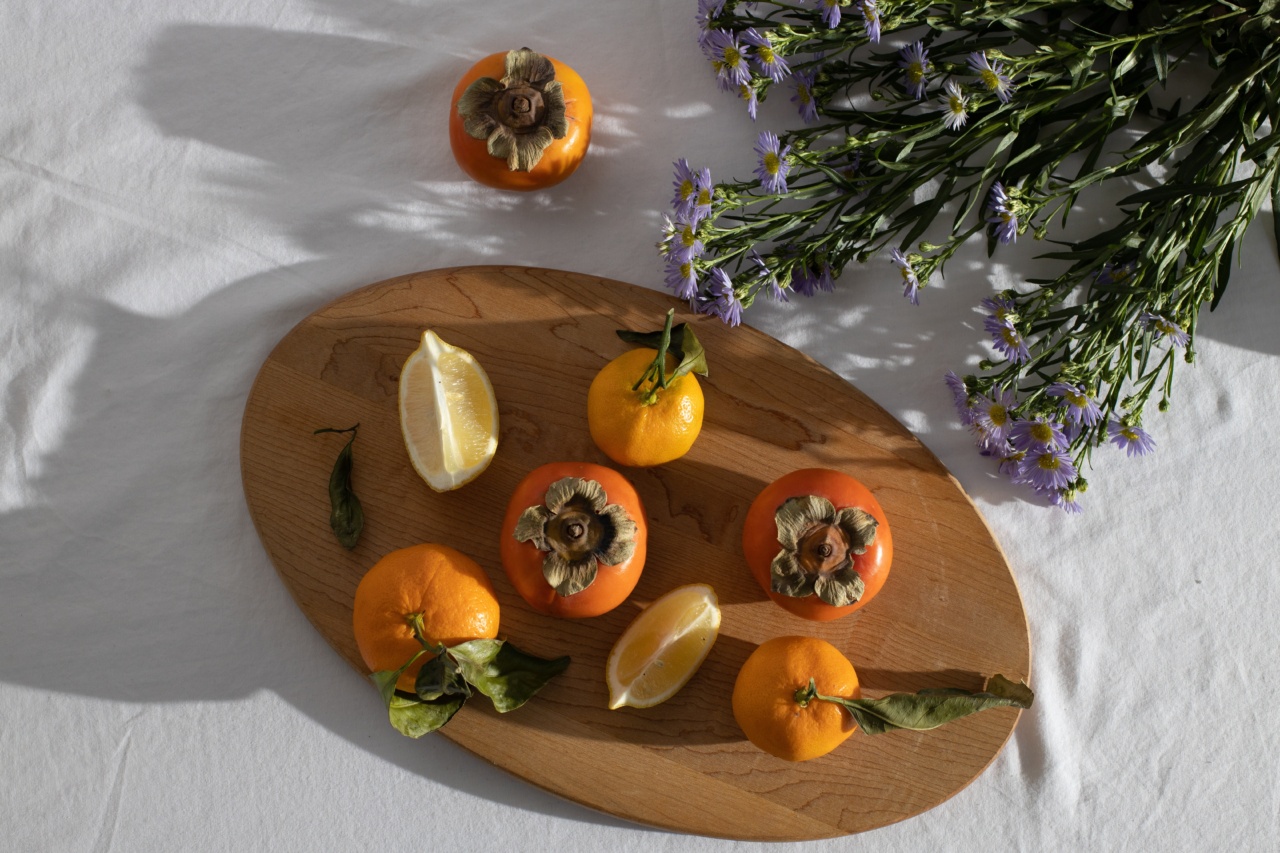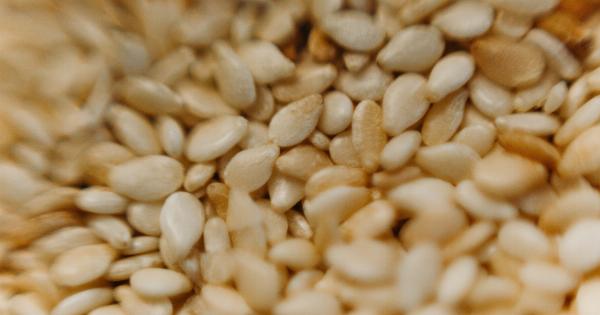Whole grains have been a part of our diet for thousands of years. In fact, they were a staple food for many ancient civilizations, including the Egyptians, Greeks, and Romans.
Today, whole grains are still an important part of our diet, providing us with essential nutrients and energy. But what exactly are whole grains and why are they so important? Let’s explore the world of whole grains and their benefits for our health.
What are Whole Grains?
Whole grains are grains that contain all parts of the kernel – the bran, germ, and endosperm. This means that they are not refined or processed, and contain all the nutrients and fiber that the grain has to offer.
Examples of whole grains include brown rice, quinoa, bulgur, barley, millet, and oats.
Why are Whole Grains so Important?
Whole grains are an important part of a healthy diet for many reasons. First and foremost, they are packed with nutrients. Whole grains contain vitamins, minerals, and antioxidants that are essential for good health.
They are also a great source of fiber, which helps keep our digestive system running smoothly and can also help lower cholesterol levels and reduce the risk of heart disease.
In addition to their nutritional benefits, whole grains are also a great source of energy. Because they are complex carbohydrates, they are digested more slowly than simple carbohydrates like sugar and white bread.
This means that they provide a steady stream of energy throughout the day, rather than causing a spike in blood sugar levels followed by a crash.
How to Incorporate Whole Grains Into Your Diet
Now that we know how important whole grains are for our health, how can we incorporate them into our diet? Here are some easy tips:.
- Swap white bread and pasta for whole grain varieties
- Add whole grains to soups, stews, and salads
- Start your day with a bowl of oatmeal or other whole grain cereal
- Snack on whole grain crackers or rice cakes
Get Creative with Whole Grains
Whole grains don’t have to be boring! Get creative with these delicious and nutritious foods:.
- Make a stir-fry with brown rice and lots of veggies
- Cook up some quinoa and mix it with roasted veggies, feta cheese, and a squeeze of lemon juice for a tasty salad
- Bake a batch of whole grain muffins for breakfast or a snack
- Pile your sandwich fillings onto whole grain bread or a wrap
The Bottom Line
Whole grains are an essential part of a healthy diet. They provide us with important nutrients, energy, and fiber, and can help reduce the risk of chronic diseases.
So if you’re looking to improve your diet and your health, make sure to incorporate plenty of whole grains into your meals!.































